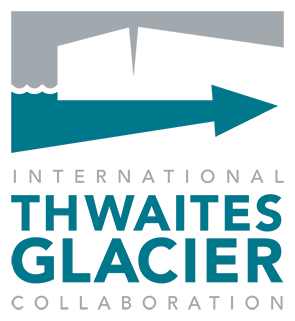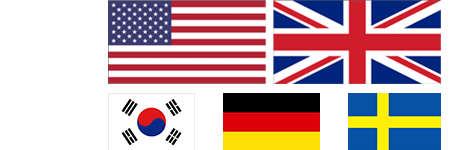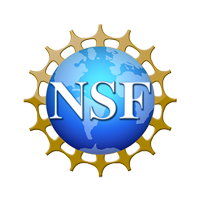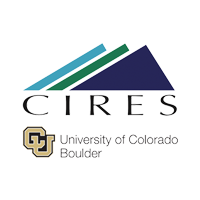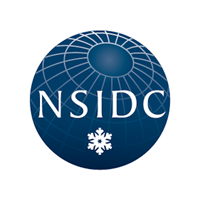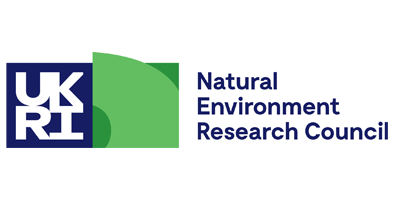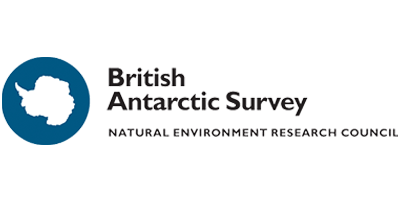Since its start in 2018, the International Thwaites Glacier Collaboration (ITGC) has supported graduate students and postdoctoral researchers studying ice-ocean interactions in West Antarctica across the United Kingdom and United States. With over one-third of the entire ITGC consisting of students and postdocs, the work of early career researchers (ECRs) has been instrumental in the success of the program. Five years later, the core of ITGC students is approaching the end of their graduate careers and the postdocs are transitioning into careers inside and outside of academia. As they transition beyond the foundation of our ITGC research projects, they are considering various questions: What are the research outcomes from ITGC? How can they synthesize these ideas? And how do the research findings of ECRs fit into the bigger picture? Enter the 2023 ITGC ECR Science Communication Workshop: a half-day meeting geared at bringing together students and postdocs across ITGC to practice effective science communication with the public, held October 9, 2023. This novel workshop was organized by the ITGC ECR Steering Committee and hosted by Athena Dinar, the UK Communications Lead for ITGC.
Motivated to develop their communication skills, many ECRs noted that they were excited to learn how to communicate in an engaging and accurate way. Athena emphasized that enthusiasm matters. The words people choose and how they say them are important for capturing the attention of the audience. She likened writing for the media to an “inverted” scientific article: start with a memorable, attention-grabbing subject line, explicitly state why the subject matters, and finish by explaining the methods used. As the graphic below describes, this style of communication often begins with the results, contrary to how scientists are trained to communicate their work within the scientific community:
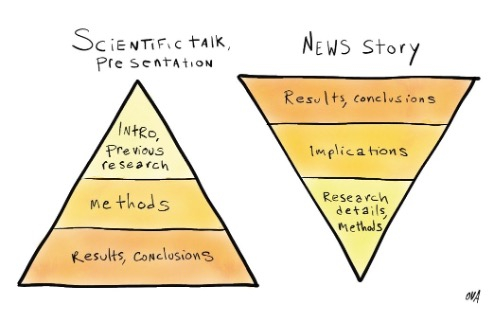
To practice, participants began by developing a press release and an accompanying quote for a fictional sample prompt, and then repeated the exercise in small groups for their study areas. The activity forced them to find connections between each other's research and succinctly summarize the importance of their collective work. As one participant describes, these connections will likely reach beyond this workshop and into their research:
"I really enjoyed working with other ECRs to craft the narrative of my scientific career in a way that appealed to all audiences. It was particularly nice to get to connect with another ECR in this process, and I am excited to work more with them in the future!"
During the presentation of their press releases, some groups used hand gestures while speaking. Athena highlighted that hand gestures are an effective communication tool. Some ECRs didn’t realize that they were naturally using hand gestures! For example, participants increased the space between their hands to communicate how big Thwaites Glacier is, or intermittently slipped one hand along the other fist to show how a glacier sticks and slips on its bed.
Some ECRs were particularly nervous about speaking to reporters with the possibility of the conversation drifting into unforeseen avenues, preventing the main messages of their science from being highlighted. Athena advised that one of the best methods to prevent this is to write your three main messages before entering the interview. She recommended pre-planning sound bites and slowing the pace of the interview by taking a moment to think before responding to questions and decreasing the rate of speech.
Accessible science communication is an essential skill for the entire ITGC community to optimize its impact on the public and within the polar sciences. The ECRs have a goal of staying relevant with changing methods of communication and social media platforms and continuing to learn how to best reach an intended audience, and invite all of ITGC to keep the idea of excellent, accessible science communication on your radar when speaking with the public.
Please contact the ECR Steering Committee if you have feedback, ideas, or are interested in joining the committee!
Michelle Maclennan - Lead on the Science Communication Workshop
Laura Glastra
Peter Davis
Leilani Henry
Meghan Sharp
Ronan Agnew
Lucy Wanzer
Amanda Gabrielle Willet
